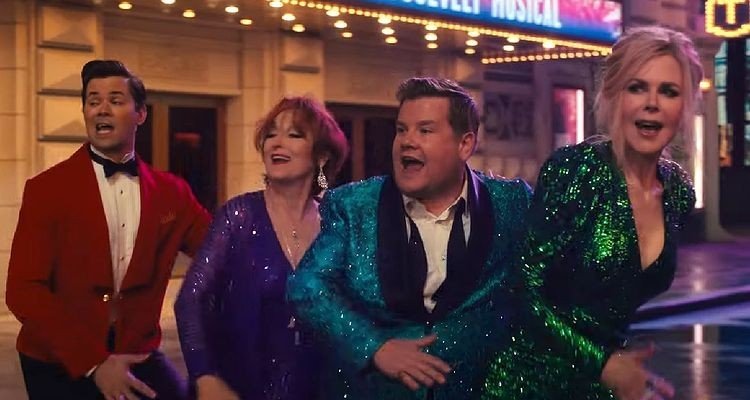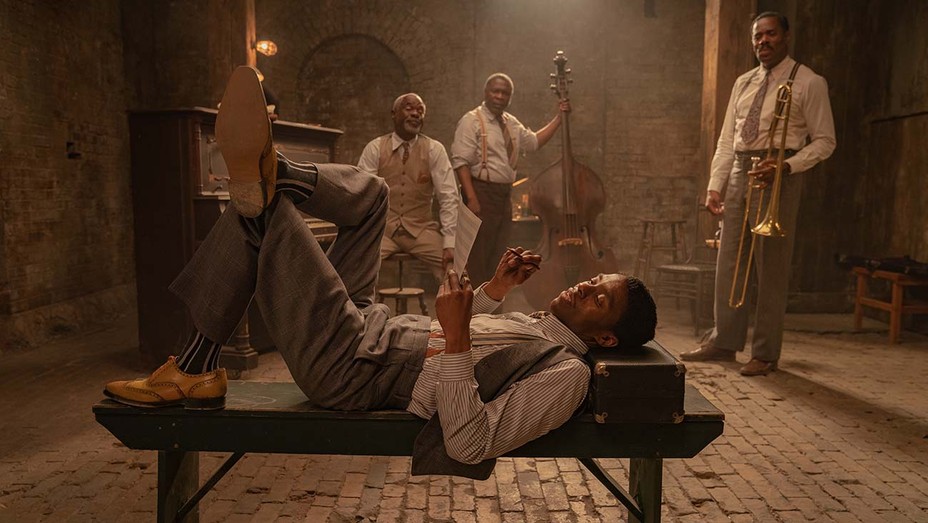PLOT- A mentally unstable veteran works as a nighttime taxi driver in New York City. The perceived decadence and sleaze fuel his urge for violent action by attempting to liberate a presidential campaign worker and an underage prostitute.
REVIEW- Part of the immediacy of “Taxi Driver” has nothing to do with its quality but its personnel. It was made by people who turned out to be both talented and lucky. Two decades later most of the folks connected with “Taxi Driver” are notable show-biz names.
Director Martin Scorsese made some of his generation’s best films (and some of the most disappointing films of the last couple of years). Cybill Shepherd — who’d have thought? — has a great career in television. Jodie Foster, for reasons only the Academy understands, has won two Oscars. Harvey Keitel has become the most remarkable thing in movies. And Robert De Niro is De Niro.
Then there’s Albert Brooks. You might not even remember that Brooks was in “Taxi Driver.” He plays a political aide working on a presidential campaign with fellow aide Shepherd.
Its profoundly anarchic sensibility has kept “Taxi Driver” fresh all these years. Other screenwriters besides Paul Schrader have in
Vented bizarre protagonists and other directors have turned their cameras on the mean city streets. But the heart and soul of “Taxi Driver” are twisted in a way that can’t be faked or copied.
It’s a bizarre success story about how a sick young man finds his place in an equally ill world.
From the minute we meet Travis Bickle (De Niro) we know it’s just a matter of time before he explodes. He’s white and 26 years old. He’s a compulsive diarist, a loner and an insomniac, and he has a military background. If he took an aptitude test, the results would come back: political assassin.




